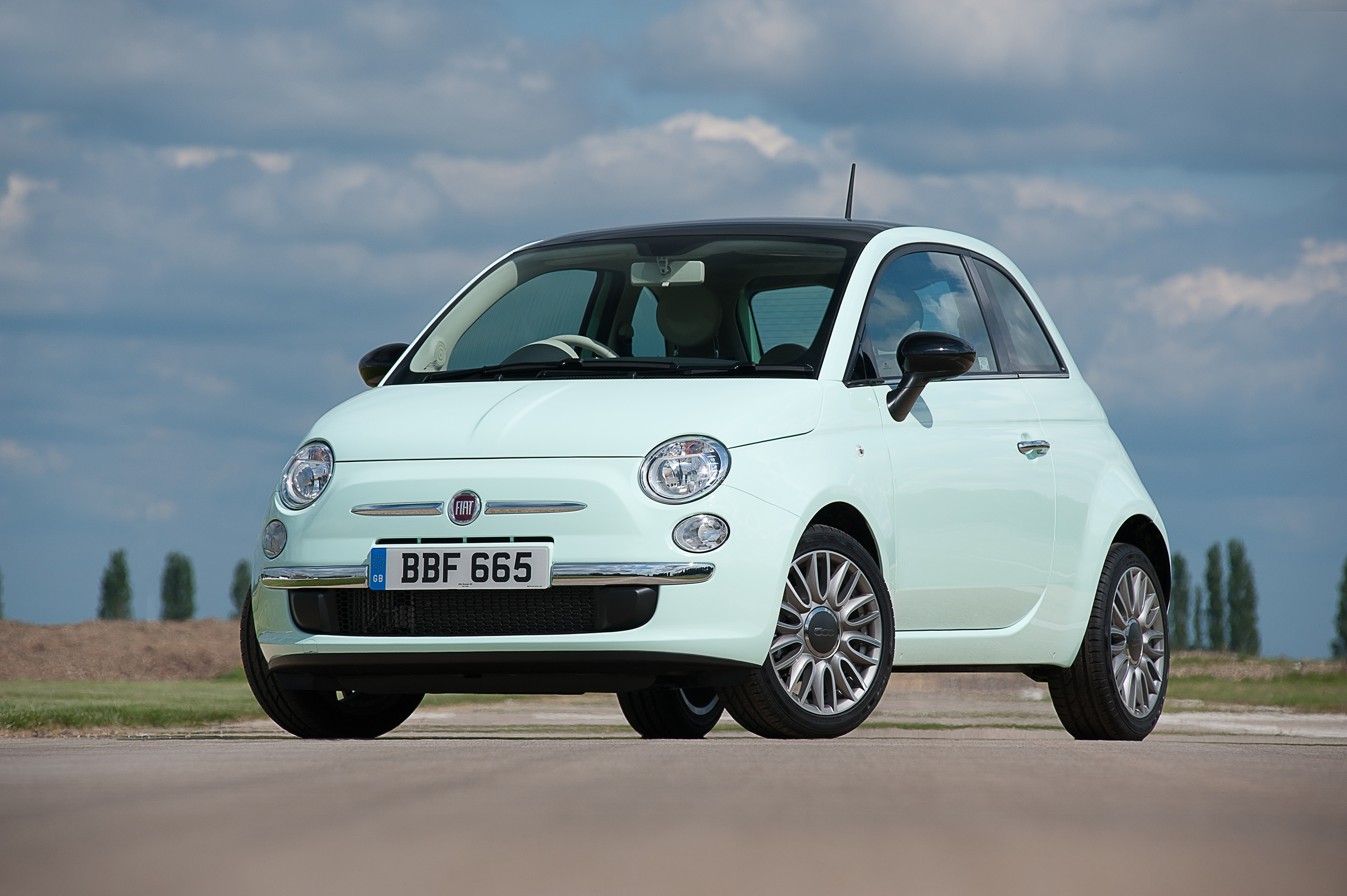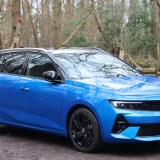Cost cutters: Five used cars under £5,000 with exceptional fuel economy
Frugal doesn’t have to mean miserable
Petrol prices are sky-high right now, which places a significant strain on many households’ budgets. That could mean you’re looking to swap your current gas guzzler for an affordable car with excellent fuel economy.
The most economical cars are obviously those that don’t burn any petrol or diesel at all, i.e. a pure-electric vehicle. But for a variety of reasons, not least because used models remain quite expensive, making the switch to an electric car isn’t yet an option for everyone.
That said, drivers looking to downsize to a smaller car with lower running costs still have plenty of choice, even if they’re on a fairly modest budget of £5,000 or less.
One thing to bear in mind though when looking at economical used cars is that because of their age, they were usually tested according to the old NEDC fuel economy standard rather than the more modern and realistic WLTP system, so while all the models here should return plenty of miles per gallon, you may not hit the figures claimed by the manufacturer.
All prices were correct at time of publication.
Peugeot 208 (2015-2019)
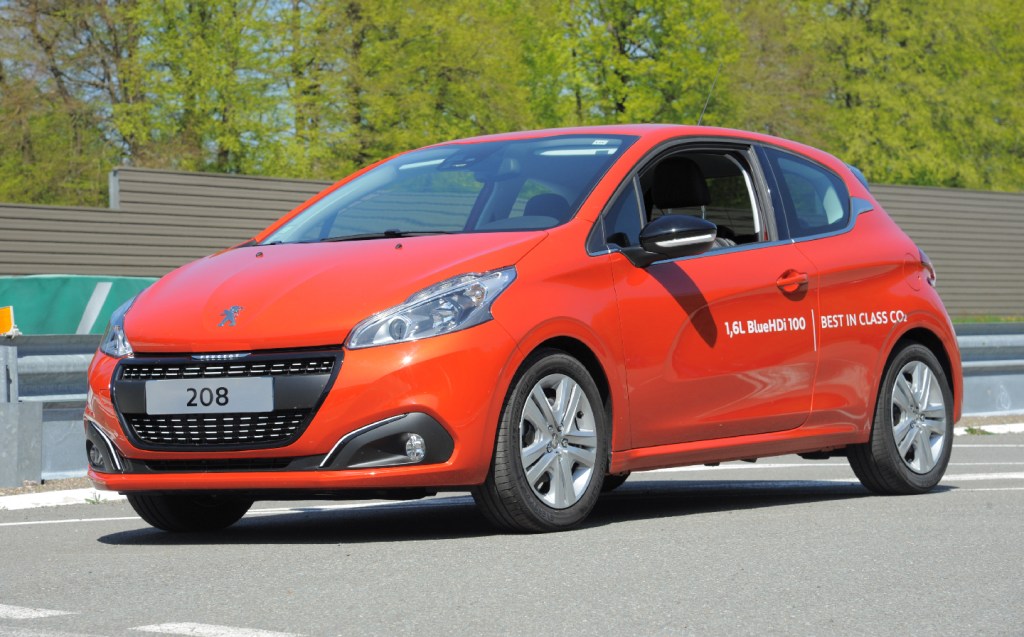
- Model: 1.6 BlueHDi
- Engine: 1.6-litre four-cylinder diesel
- Power: 74bhp
- Official fuel economy: 80.7mpg
- We found: 16-reg 208 Access with 84,400 miles for £4,350 (view sub-£5,000 Peugeot 208 1.6 diesels on Auto Trader)
With the Peugeot 208’s facelift in 2015 came the addition of a new 1.6-litre diesel engine which made it the most economical non-hybrid car on the market with a fuel economy figure of just over 80mpg. It’s also a ULEZ-compliant engine, meaning it is exempt from the London Ultra Low Emission Zone charge.
Thankfully, the 208 scored much higher on the reliability front than its predecessor, the 207, though electrics and tech such as the interior touchscreen (on higher specification versions) are occasionally known to give trouble, so check that everything works as it should before you buy.
The 208 is a good-looking little car which rides well, offers plenty of comfort and a pleasant, if uninspiring interior. Avoid the entry-level Access trim if you want alloy wheels.
Toyota Prius (2009-2015)
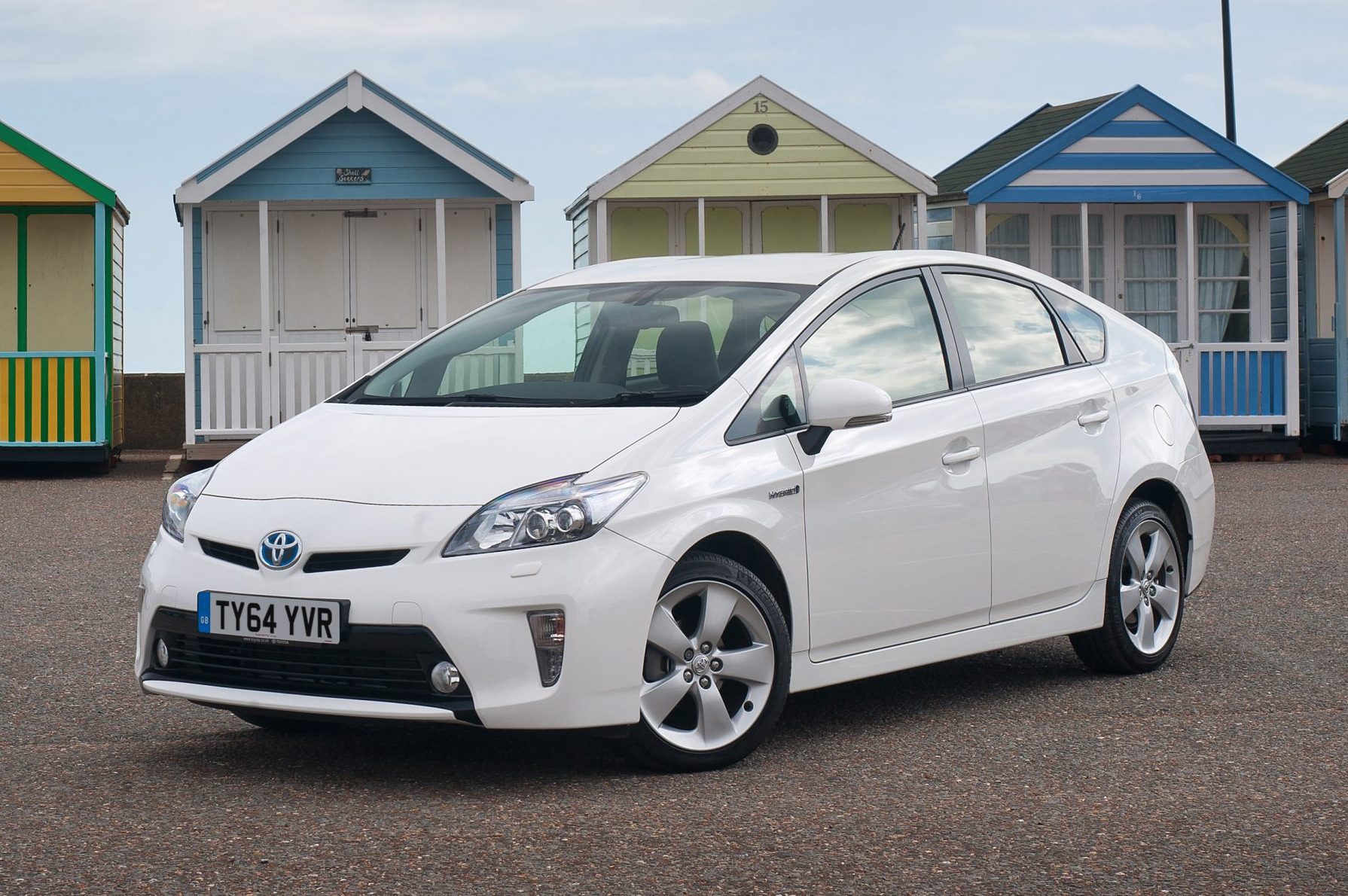
- Model: T3
- Engine: 1.8-litre four-cylinder hybrid
- Power: 134bhp
- Official fuel economy: 72.4mpg
- We found: 10-reg T3 with 170,000 miles for £4,000 (view sub-£5,000 Prius T3s on Auto Trader)
The third-generation Prius was and is beloved by minicab drivers for two main reasons: unimpeachable reliability and excellent fuel economy. Although it is rather dull to drive, the interior features plenty of space, tech and comfort.
Don’t be put-off by high-mileage examples (you won’t find many with less than 100k on the clock), as both the petrol engines and batteries have proven long-lasting and relatively trouble-free. That said, if a car fails to return much more than 40mpg or seems to rarely be running in electric-only mode it’s a sign the battery may need replacing at a cost of around £1,200.
Service history is particularly important here, as third-gen Prius model have been known to use a lot of oil and were subject to some major recalls, so just be sure that that any car you’re looking at has been serviced every 10,000 miles or so and has had its recall work done.
And be aware that Priuses can be targeted by thieves for their catalytic converters, which contain high concentration of precious metals. Security where you park is important.
Mini hatch (2007-2014)
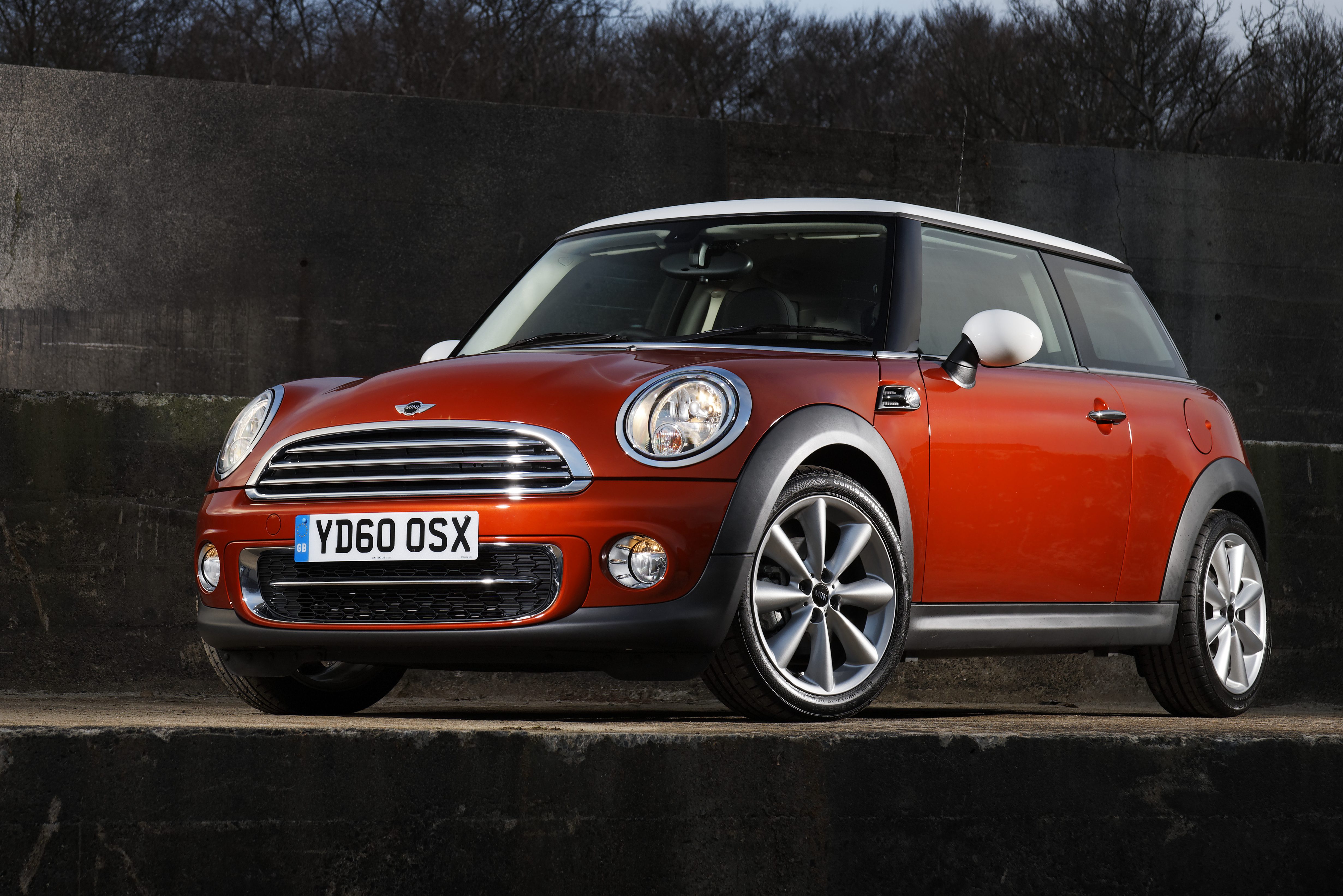
- Model: R56 Cooper D
- Engine: 1.6-litre four-cylinder diesel
- Power: 112bhp
- Official fuel economy: 74mpg
- We found: 13-reg with 84,000 miles for £4,979 (view sub-£5,000 Mini Cooper Ds at Auto Trader)
Buyers looking for fun to go with decent fuel economy would do well to check out the Mini Cooper D. Minis hold their value well, so apart from a few examples of the third-generation Cooper D with a three-cylinder 1.5-litre diesel engine, buyers looking to stay within budget will give themselves a lot more choice looking for slightly older “R56” models featuring the 1.6-litre four-cylinder unit instead.
All Minis are very stylish and great to drive and the 1.6 diesel engine is a pleasingly torquey unit with decent acceleration. However, build-quality can be poor so keep an eye on misaligned panels, water ingress and electrical niggles like boot lids that won’t lock. Service history is a must, as reliability isn’t a strong point and repairs can be expensive.
Volvo V50 (2004-2012)
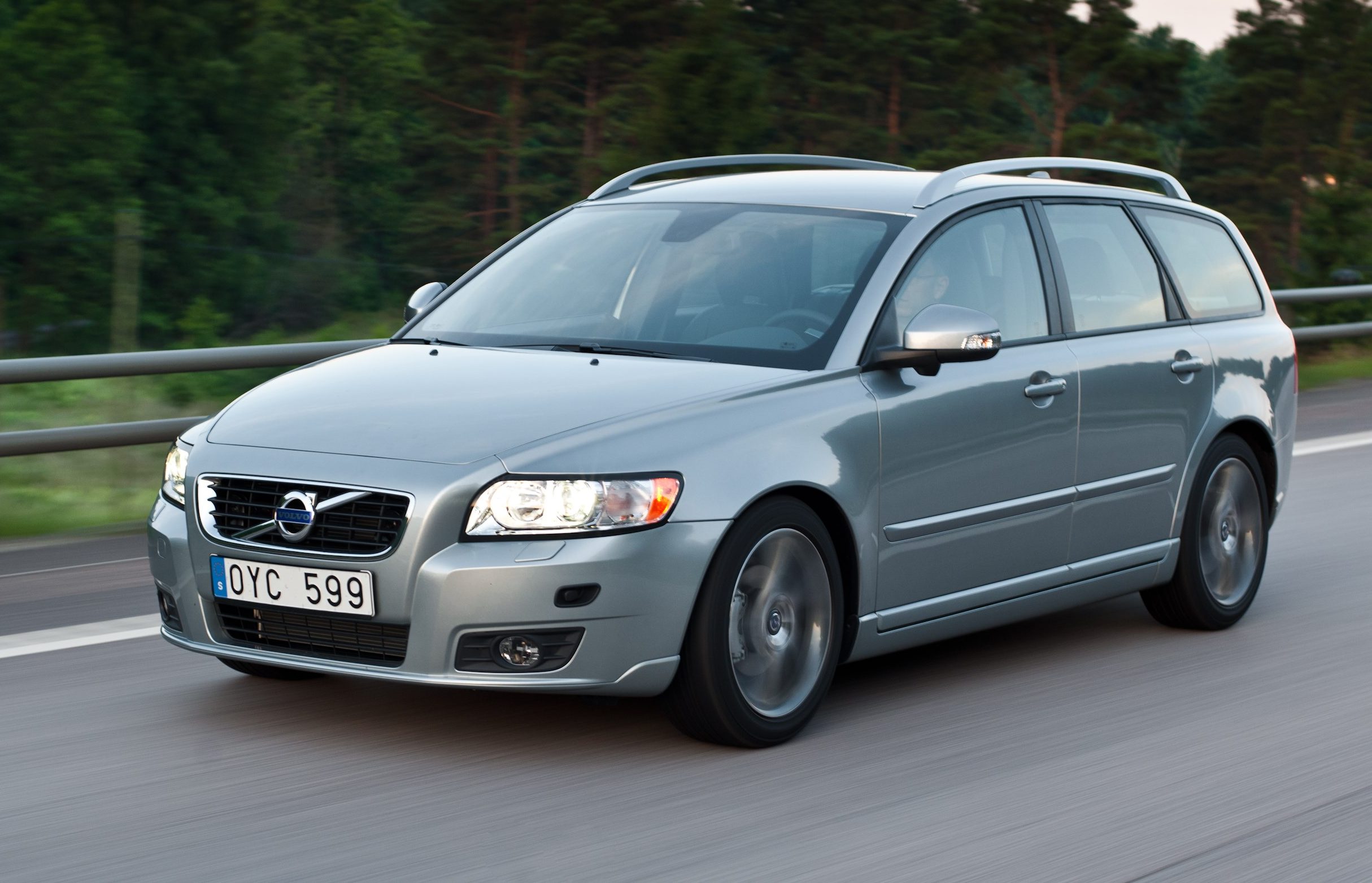
- Model: 1.6D DRIVe SE
- Engine: 1.6-litre four-cylinder diesel
- Power: 115bhp
- Official fuel economy: 74mpg
- We found: 12-reg with 94,162 miles for £4,995 (view sub-£5,000 V50 1.6Ds at Auto Trader)
You don’t need to totally sacrifice space and practicality in the name of frugality, as some diesel versions of the Volvo V50 estate prove.
Okay, it’s a little smaller inside than some of its estate car rivals but the V50 remains a handsome, safe, solid and stylish car after all these years. Tech might not be on a par with a much more modern machine but as a car from a premium brand it’ll still be comfortable, well built and have enough toys not to make you feel like you’re driving something bargain basement.
High-mileage examples shouldn’t be a turn-off if they’re otherwise in good condition and come with a decent service history as well-maintained examples can comfortably exceed a quarter of a million miles. Given that the newest examples are ten years old now, the usual caveats for buying higher-spec older cars apply such as making sure the electrics work well.
Fiat 500 (2007-2020)
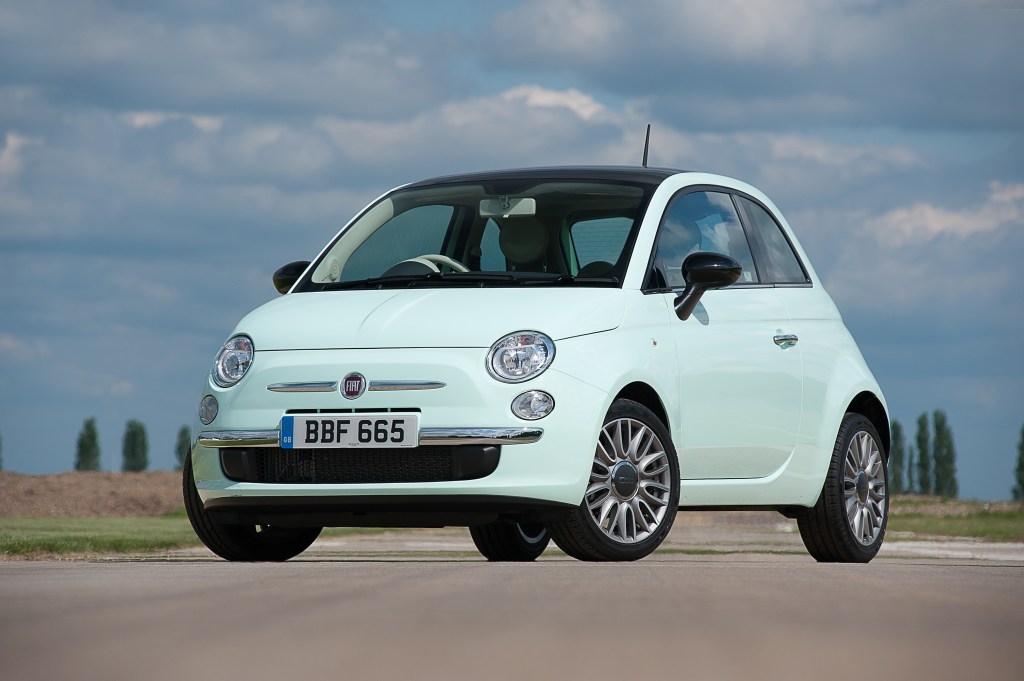
- Model: 0.9 TwinAir
- Engine: 0.9-litre two-cylinder petrol
- Power: 85bhp
- Official fuel economy: 68mpg
- We found: 63-reg TwinAir S with 39,000 miles for £4,500 (view sub-£5,000 500 TwinAirs on Auto Trader)
The engine in the Fiat 500 0.9 TwinAir is a remarkable little thing delivering a highly respectable 85bhp from two little cylinders and a turbocharger. As such, the most economical variant of the 500 feels a lot pokier than it should.
It doesn’t quite drive with the same verve as the other retro supermini on this list, the Mini Cooper D, but even though it was first introduced back in 2007, the 500 still looks great, especially in classic pastel shades.
It’s not a terrifically practical proposition due to its size and packaging (though the rear is fine for children who’ve grown out of child seats), and the driving position for taller people is really poor.
But of course, the 500 does have a few key things going for it: it’s small and simple, making it great around town, and it has been popular, meaning that if something does go wrong, spares and repairs shouldn’t break the bank.
Because buyers have plenty of choice too, if you buy with a little care and attention, giving the car a thorough inspection and test drive, looking for evidence of maintenance and not just choosing the first model you see, there’s a good chance it’ll be a faithful, frugal friend.
This article features products that have been chosen independently by Driving.co.uk journalists. We may receive a small payment from the retailer if you click a link and go on to buy something, but the links are there to help you find those products easily and we never allow this to affect our opinions.
Related articles
- After reading our buying guide for the best affordable eco cars, check out our seven tips for improving fuel economy
- Here are 10 ways to save money on your car insurance
- And have you been wondering if now is the time to buy an electric car? Here’s what we think.
Latest articles
- Aston Martin Valkyrie AMR-LMH hypercar hits track ahead of 2025 Le Mans challenge
- Porsche has begun testing the electric Cayenne
- Cupra Leon 272 eHybrid 2024 review: Bigger battery, better tech … but is it a Cupra?
- Porsche 911 GTS 2024 review: Hybrid heresy or more Stuttgart genius?
- Extended test: 2023 Vauxhall Astra Sports Tourer GS PHEV
- Ford Capri revival has faced a lot of flak… but are buyers put off? Here’s what visitors to the Festival of Speed had to say
- F1 2024 calendar and race reports: What time the next grand prix starts and what happened in the previous rounds
- ‘No timeframe’ for how long Volvo’s returning estate cars will be on sale in UK
- Kia Picanto 2024 review: Updates add spice to cute Korean city car


